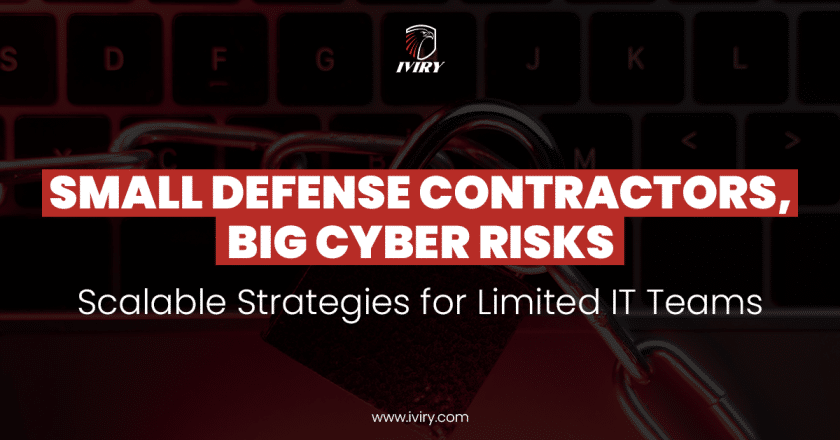The Department of Defense (DoD) has been clear: Zero Trust Architecture (ZTA) is no longer optional. As cyber threats grow more sophisticated and persistent, traditional network security models, which rely on perimeter defenses, are becoming increasingly ineffective. Zero Trust represents a paradigm shift, fundamentally altering how organizations approach cybersecurity. For defense contractors, this shift is not just a suggestion but an urgent need to secure sensitive data and operations.
The Push Toward Zero Trust
In recent years, high-profile cyberattacks have underscored the need for a more resilient cybersecurity framework. Attacks like ransomware and data breaches in defense supply chains are not only costly but also jeopardize national security. The SolarWinds attack, which affected multiple government agencies and private sector companies, serves as a powerful reminder of how traditional security models are no longer sufficient.
In response, the DoD has mandated that contractors adopt Zero Trust Architecture, which ensures that no entity—whether inside or outside the network—can be trusted by default. This approach continuously verifies the identity and security of users, devices, and applications before granting access to any system or data. Unlike traditional models, where trust is granted once a user gains access, Zero Trust requires continuous verification, reducing the risk of internal and external threats.
Why Zero Trust Matters for Defense Contractors
For defense contractors, the consequences of not adopting Zero Trust are severe. Cybercriminals are increasingly targeting the defense sector, with ransomware attacks on the rise. These attacks can disrupt operations, compromise intellectual property, and, in extreme cases, affect national security. The DoD’s mandate is a direct response to the urgency surrounding these threats, as well as a commitment to protecting sensitive information and ensuring the integrity of the defense supply chain.
By implementing Zero Trust, defense contractors can reduce the likelihood of successful attacks. Zero Trust ensures that access to sensitive data is restricted to only those with verified identities, regardless of their location. Additionally, by continuously monitoring user activities and enforcing strict access controls, Zero Trust minimizes the potential attack surface for cybercriminals.
Iviry’s Approach to Zero Trust: Safeguarding Your Operations
Adopting a Zero Trust model can be complex, but with Iviry’s expertise, defense contractors can navigate this transformation seamlessly. We offer a comprehensive suite of solutions to help contractors implement and maintain Zero Trust Architecture:
- Network Segmentation: We work with clients to segment their networks, limiting access to sensitive systems and data to only authorized users.
- Multi-Factor Authentication (MFA): We deploy robust MFA systems to ensure that only authenticated users can access critical systems, adding an extra layer of security.
- Continuous Monitoring: Zero Trust isn’t a one-time implementation. We provide ongoing monitoring to detect and respond to any potential security threats in real-time.
As threats continue to evolve, Zero Trust is no longer a “nice-to-have” solution; it’s a necessity for defense contractors who want to protect their operations and stay compliant with DoD regulations. Iviry is here to ensure that your organization is ready to adopt and fully implement a Zero Trust strategy, giving you confidence that your systems are secure.





